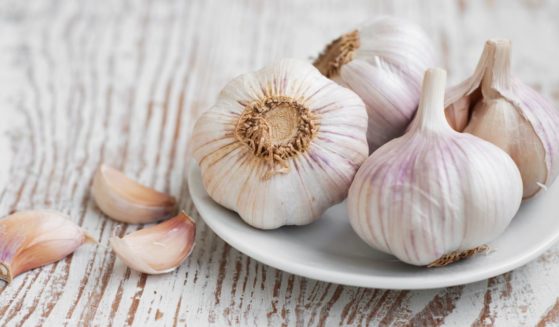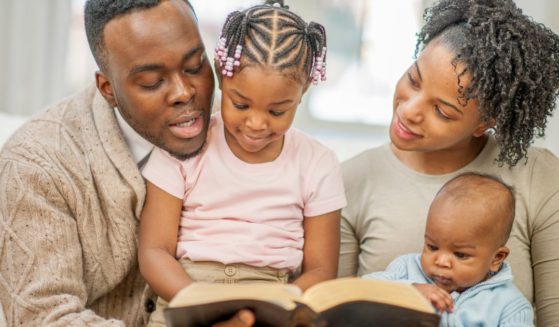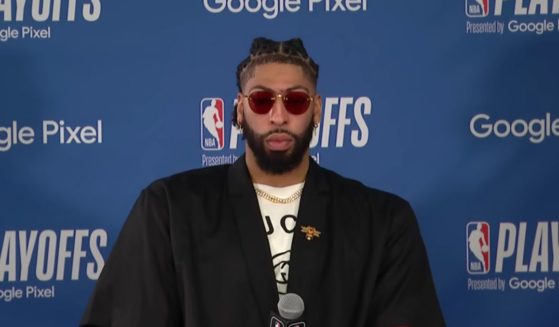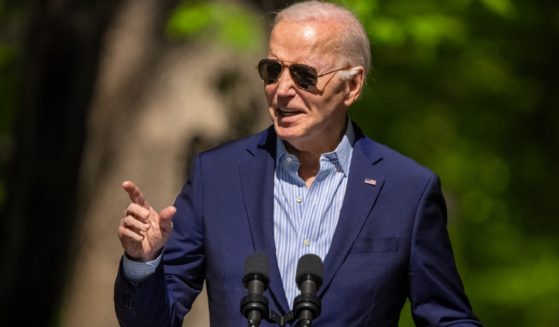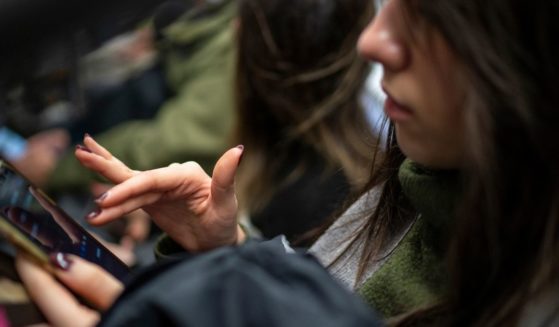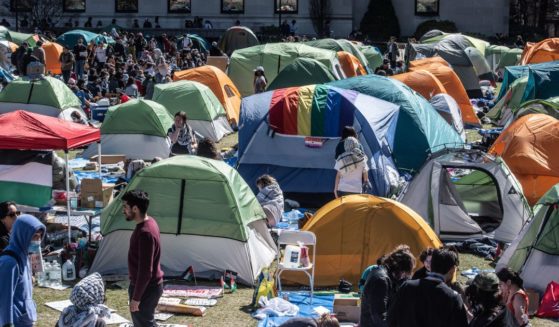Studies: People Who Have Already Had COVID Don't Need the Same Vaccine Regimen
People who have already had COVID-19 may only need one dose of the new vaccine, according to two new studies.
The studies suggest that one dose of the vaccine, instead of the traditional two, is enough to boost antibodies and destroy the coronavirus in the nearly 30 million people in the United States who have already had it, The New York Times reported.
The new research echoes findings of two others published over the past few weeks that say people who have had COVID-19 should be immunized but a single dose may be enough.
“I think it’s a really strong rationale for why people who were previously infected with Covid should be getting the vaccine,” immunologist Jennifer Gommerman said.
After infection, most people produce antibodies that can last for many months, but others who had mild or no symptoms of the disease produce few antibodies.
Gommerman said the vaccines “even the playing field” so that anyone who recovers from the virus can produce enough antibodies to protect against reinfection.
The new study published by medRxiv that has not yet been peer-reviewed analyzed the blood samples from people who have recovered from COVID-19.
The findings suggest immune systems had trouble fending off a new variant of the virus, but one dose of the vaccine gave “a massive, massive boost” to the immune system, according to immunologist and leader of the study Andrew McGuire.
“It looks pretty clear that we’re boosting their pre-existing immunity,” McGuire said.
One shot of either the Pfizer-BioNTech or Moderna vaccine increased the number of antibodies in the blood by a thousandfold and allowed the body to fight off the new variant.
“In fact, the antibodies seemed to perform better than those in people who had not had Covid and had received two doses of a vaccine,” Apoorva Mandavilli wrote for The Times.
The researchers don’t know how long the increased amount of antibodies will last, but McGuire said “hopefully, they’ll last a long time.”
Immunologist Dr. Florian Krammer led another study that showed people who recovered from COVID-19 and received a single dose of the vaccine experienced severe side effects and had more antibodies compared to someone who had not been infected.
“If you put all four papers together, that’s providing pretty good information about people who already had an infection only needing one vaccination,” Krammer said.
New research has also suggested that Pfizer’s vaccine generates strong immunity after a single dose, The Wall Street Journal reported.
A singly shot of the vaccine is 85 percent effective in preventing disease after 15-28 days, according to a peer-reviewed Israeli government-owned Sheba Medical Center study.
“This is the first study assessing effectiveness of a single vaccine dose in real-life conditions and shows early effectiveness, even before the second dose was administered,” said Eyal Leshem, study author and director of Sheba’s Center for Travel Medicine and Tropical Diseases.
Truth and Accuracy
We are committed to truth and accuracy in all of our journalism. Read our editorial standards.

